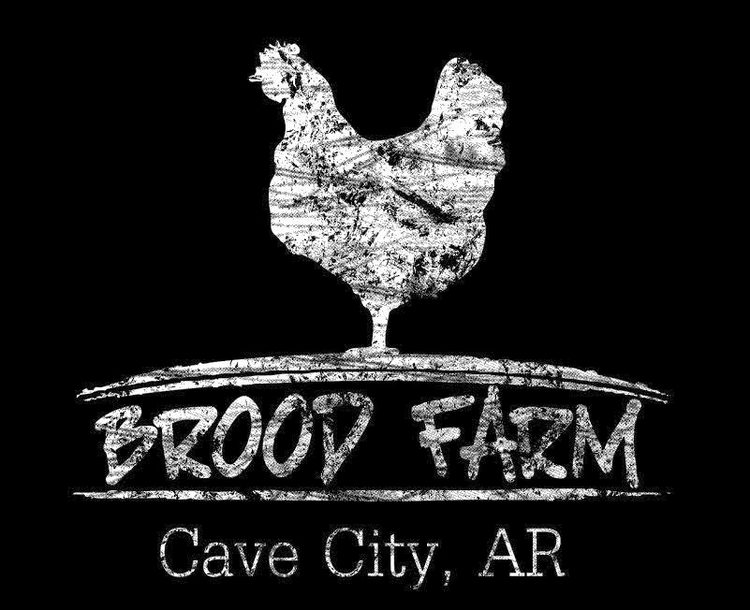Ahhh, milk. As humans, it's generally the first food we consume. Breastfeeding makes milk look so simple. And, I suspect, there was a time, maybe when milk was delivered in glass bottles to our front porches, when milk beyond the breast was similarly simple. But, today, we are blessed (or perhaps, cursed) to have a multitude of choices on the other side of the cold glass door in the refrigerated section of our markets. As a consumer, I wish it were as simple as choosing between whole, 2%, or skim.
Some of you may recall my post on ultra-pasteurized milk from a few months back. A recent conversation with a fellow mom got me to thinking anew about milk choices.
As with most decisions we must make, your milk selection depends upon your priorities.
Let me begin here: nearly 80% of organic milk available in the U.S. is ultra-pasteurized (it's 1/2 gallon carton is a giveaway) -- ultra-pasteurized milk will not be found in a jug). For a more detailed look at ultra-pastuerization, check this out. In a nutshell, though, ultra-pasteurization involves using greater heat in the pasteurization process so as to extend the milk's shelf life. This extreme heat, however, reorders the milk proteins so that the milk is now "dead" and is about nutritionally equivalent to water. Some upscale groceries offer organic milk that is not ultra-pasteurized, but I'd say the majority of my readers don't live around the corner from Whole Foods, so where does that leave the rest of us?
Well, do you really know what organic means, anyway? I didn't. According to the National Dairy Council, "the definition of organic milk refers to farm management practices, not to the milk itself. Stringent government standards ensure that both organic milk and regular milk are wholesome, safe and nutritious." So, what about the anitbiotics, pesticides, and hormones we all fear in our milk?
The use of antibiotics in milking cows is not allowed, and the USDA and FDA test extensively to ensure that ALL milk, organic and conventional, is free of antibiotics. Pesticides are going to be present in low levels in all milk, because they are in our water and soil. I guess we're just supposed to deal with it. :( Hormones (specifically rBST) given to milking cows to increase production are not used in organic farming methods. But, the good news, which was surprising to me, is how common it is for non-organic milk to be hormone free.
Here's a pic taken of the milk currently in my fridge. See the pink strip across the bottom of the label?
The first line reads "Our farmers have pledged to not treat any of their cows with any artificial growth hormones." Okay, look past the split infinitive, if you can. ;) Despite the FDA's claims that the use of rBST does not affect the quality of the milk, in 2008, Wal-mart decided to go ahead and go hormone-free with their Great Value brand. Coleman has apparently done the same. So, hormone-free milk is not always organic milk.
So, if you can get hormone-free, antibiotic-free milk without having to pay the premium price involved with organics, why should anyone buy organic? Well, this is where your priorities come in. If your concern is providing your family with a safe, nutritionally-sound milk product, you do have non-organic options. If your concern extends to the very cows that produce the milk, then organic may be the better choice.
According to the L.A. Times article on USDA guidelines for organic milk production, "current rules require milk marketed as organic to come from cows whose feed was grown without chemical fertilizers, pesticides or genetically modified seeds. Herds can't be treated with hormones or antibiotics. . . . [and] cows must get plenty of fresh grass and spend at least four months a year grazing in pastures."
In short, the cows have a much greater quality of life. So, it kind of comes down to this: how big is your bubble? Does it include just your family? Or is it bigger? And how high a price tag on organic milk will it take to bust that bubble?
Admittedly, all of this is pretty complicated. If cost were not an issue, here's how I'd buy milk:
1st choice: Organic, not ultra-pasteurized milk
2nd choice: conventional, not ultra-pasteurized milk that claims to be rBST-free (e.g. Great Value)
3rd choice: organic, ultra-pasteurized milk (Horizon, etc.)
4th choice: conventional, not ultra-pasteurized milk
5th choice: conventional, ultra-pasteurized milk (surely we can all do better than this!)
As 1st choice is not a choice where I live, I'm going with 2nd choice right now, since our backyard goats are currently out of milk. Luckily for me, this is also the cheapest option.
Now, I do not claim to be an expert when it comes to milk. I don't have a degree that qualifies me to give you milk advice. But, I've done a little research to get to this point. Please don't just take my word for it, though; do your own bit of research and approach that refrigerated glass case with the confidence that comes from knowing you're making the best choice for you and your family.


